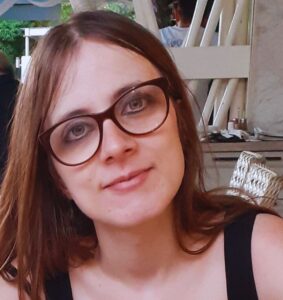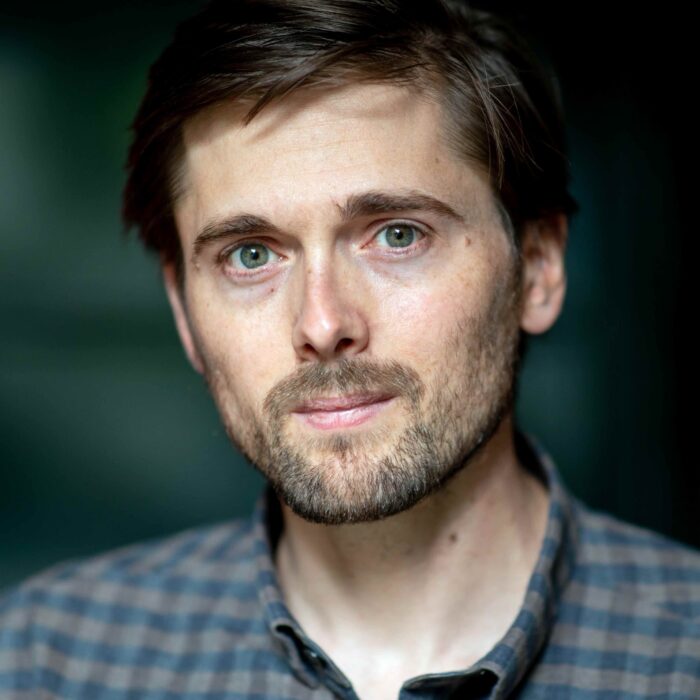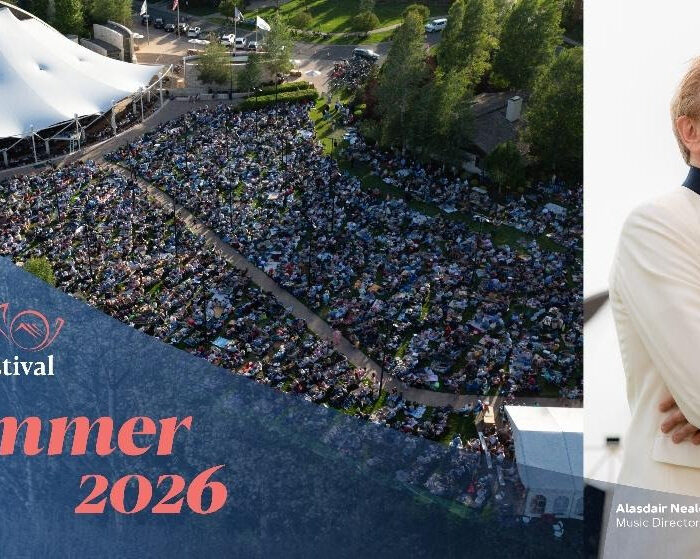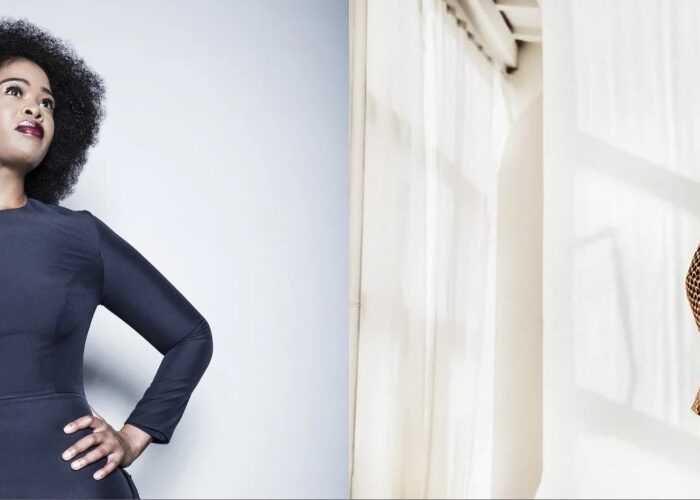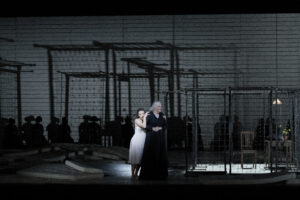
Royal Ballet & Opera 2024–25 Review: Jenůfa
Stalking angst propels the heartbeat of this Royal Opera revival at the hands of master Jakub Hrůsa
By Sophia Lambton(Photo credit: © Camilla Greenwell/Royal Ballet & Opera)
Pinching pitches at an apex, Janáček’s “Jenůfa” scales extremes. The opera tells of sextoness Kostelnička Buryjovka, who takes a lethal misstep to protect her stepdaughter. Persuaded Laca will agree to wed Jenůfa if she’s childless, Kostelnička drowns newborn baby Števa. Rue accrues until Kostelnička confesses. Any other art form would attribute her infanticide and the assault of Laca – a brute who cuts Jenůfa’s cheek – to horror. In the sphere of opera they are mere faux pas.
Palpitation takes this opera hostage. Taunted by incessant bounces on staccatoed strings, delusional dreamy harps and tilted bows’ motifs, it shudders. Vocal lines are dangerously high; the violins scream bloody murder.
At Jakub Hrůsa’s aegis in the opening night performance, zappy scrambles stirred us into Act one: dismal longing. Misty tremolos on strings were stings atremble in the heroine’s subconscious: love’s erratic pulse. Although Jenůfa was already pregnant by the roguish Števa, imminent conscription threatened bliss. The draft was happily avoided – but Kostelnička forbade the union: her aspiring son-in-law was an inveterate lush.
Clucking like a cuckoo clock, the glockenspiel struck dainty notes: polite reminders of finite time. Vibrato on the strings enforced their omens. In Act two Hrůsa’s orchestra imparted inner monologues: flute’s trills the throbbing thoughts of guilt-ridden Kostelnička; cruel imitation in the clarinets a god’s sadistic laughter.
Limitlessly loving, Corinne Winters’ Jenůfa surrendered inner peace to blind love of mercurial Števa. Thuds of doubt shaped her vibrato when it wasn’t playing spells of ardor or defense. The first act proclamation, “He can see right into my heart,” (“On vidí člověku az do srdce”) pealed in rapture. Well adept at keeping high notes seamlessly sustained, Winters ignited pitches near-hysterical at times; a moderate mezzo-forte tone at others. Bitter hopelessness bit her avowal in contradiction: “abychom se mohli sebrat,” (“so that we might be married,”) dreamt Jenůfa in a pallid vocal shade.
The soprano’s little gestures tended to the woman’s stalks of rosemary with an endearing vulnerability. Her heroine’s insistence, “God could take better care [of my dead son] than I” (“že co mu Pánbůh nachystá, já bych bědná nemohla!”) was a deferential prayer. Yet longer phrases lost legato and agility. A series of sixteenth notes over “I don’t know what I would do” in the Act one, Scene six duet with Števa (“Nevím, nevím, nevím, nevím, co bych udělala”) fused into a rushed glissando. Trying intervals of large widths strained the instrument.
Embodying the dire rationale behind the sextoness’s fatal flaw, soprano Karita Mattila delivered herself physically to Kostelnička. Atoning, pining and repining with a heavy tread, she fully felt the woman’s plight. Too many notes veered eerily off pitch, nevertheless. Select occasions could have justified this by the character’s perennial errant ways. But even when Kostelnička beheld the fruit of her infanticide – Laca’s proposal to Jenůfa – declaring, “I bless you from a heavy heart” (“já vám včil žehnám z toho těškého srdce”) her timbre was a wail. In the aria “Co chvíla” the line “Look at me, look at me, Kostelnička” (“Vidíte ji, vidíte ji, vidíte ji, Kostelničku!”) came to a screeching end. A skimpiness restrained the tone too often to allow for total character immersion.
Nicky Spence adopted the physique of Laca with a swagger always accenting his pride. Lamenting Jenůfa’s indifference to him in “Mne jste si nevsimly a já byl třeba také sirota” (“You didn’t notice me; I may as well have been an orphan”), Spence sustained well-governed notes combining arrogance and longing. When Laca comforted a newly childless Jenůfa and offered, “Nepodáš mi ruky?” (“Won’t you give me your hand?”), the tenor kept a thick vibrato resonant of headstrong ego. Occasional falsetto seeped into his higher register, however, and the “m” on the D sharp of Laca’s second “kterak ji lúbim!” (“How much I love her!”) was emitted with the extra syllable of “mah”: a needless touch.
Zealously self-centered to a similar degree was Thomas Atkins’ Števa. The unruly man deserts Jenůfa following her cruel facial disfigurement at Laca’s hands; news of her pregnancy is an unwelcome hiccup. When in love (or so he said), the charismatic Atkins sang of his “most beautiful of all” (“ze všech nejpěknější”) with steely and convincing execution. Penitence was palpable in his Act three appearance.
Strident in the higher register of Grandmother Buryjovka’s reprimands, Hanna Schwarz created cranky characterization that fell nonetheless off pitch.
Director Claus Guth split his staging into several genres – in large part consigning it to the aesthetic of a horror b-movie. “Jenůfa” raised the stage curtain in increments. These steady rises may have mimed the bumps of white slats mounting its three walls: a structure similar to office blinds.
Not coincidentally, the first scene hinted at monotony: Jenůfa lived communally beneath low-hanging pendant lamps; she shared her residence with women dressed in plain black gowns and bonnets echoing “The Handmaid’s Tale”; they slept in non-descript black beds. When Laca mocked Jenůfa about stroking Števa’s hair, Spence kneeled and mimed the act. Later the residence’s coat hangers were switched with bassinets foreshadowing Kostelnička’s child-killing.
Spoilers persisted when a shirtless, bloodstained boy of eight or nine walked past the literal cage Jenůfa and her stepmother inhabited in Act two. Insufficiently prophetic, Guth’s set added a huge vulture’s head sat on a member of the cloistered women’s sect. It climbed the cage in which Kostelnička deliberated her infanticide to peer in persecution. Racked with grief, Jenůfa searched continuously through earth in an apparent effort to recover her dead baby’s corpse (she didn’t).
The third act took an unexpected turn when it invited motley gowns of national Czech dress onstage. Behind its dancers the white backdrop – which had played a night sky in Act two – succumbed to fizzling like an analogue tv screen from a bad antenna. Overly explicit, Guth’s production suffered from an overdose of needless symbols and paraphernalia. Incohesiveness derailed its visual composition.
Idyllic flutes transported us to hope at “Jenůfa”’s conclusion; thinning down the strings’ vibrato to empower dreams. Sore souls at Hrůsa’s helm were proffered over soaring violins. Where the composer’s overwrought libretto hammered home its heavy-handed plot, a slick ensemble whispered secrets – baring Janáček’s true gifts.
